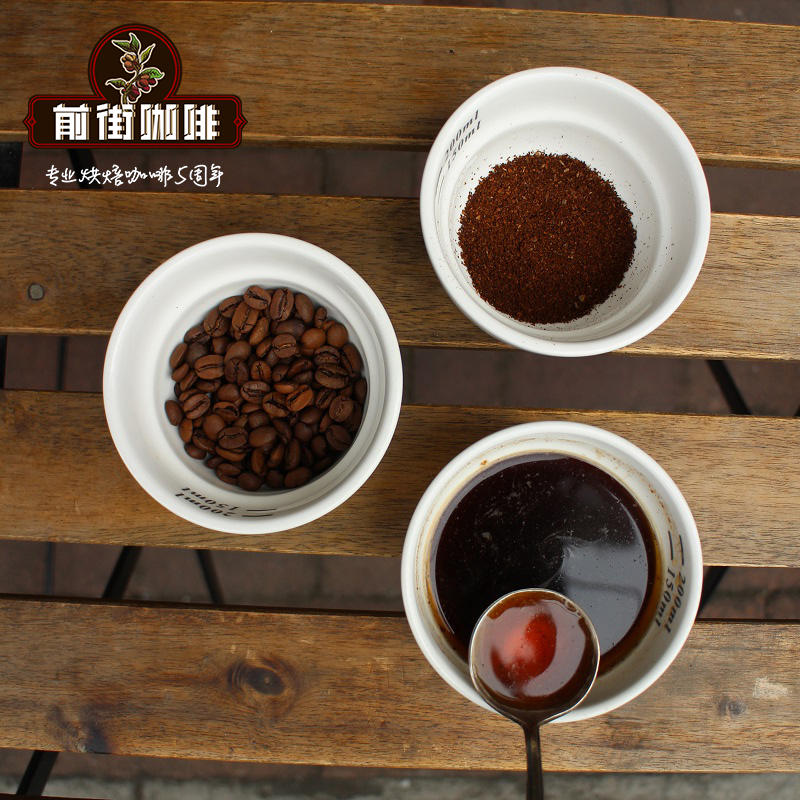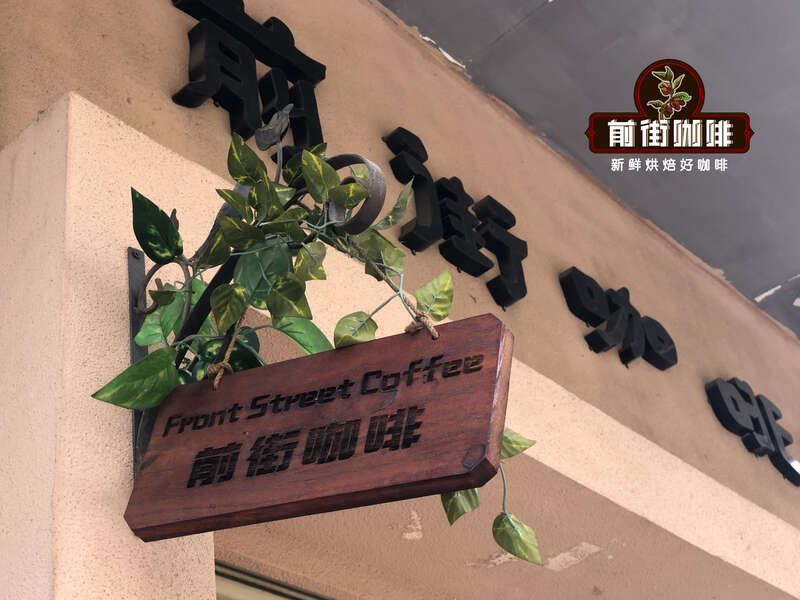Salvadoran coffee beans taste characteristics, how to brew Salvadoran coffee?

Professional coffee knowledge exchange more coffee bean information please follow the coffee workshop (Wechat official account cafe_style)
In the coffee of Central and South America, the coffee produced by El Salvador has attracted the world's attention in recent years, which is the result of close cooperation between small coffee farmers and international coffee organizations that help improve farming and handling methods. The main hope is to increase farmers' income and improve their lives, so that coffee farmers have incentives to change the way of planting to restore the original natural ecology of nature, and the quality of coffee will gradually improve. Making consumers willing to accept coffee produced in El Salvador to combine consumption patterns with natural ecology is the most perfect agricultural production and marketing behavior.
Most of the coffee from El Salvador is a traditional bourbon tree species, which is derived from yellow bourbon, cherry bourbon and sun beans. In the coffee market, where every coffee farm must have a unique character, El Salvador also catches up with the trend of special treatment or variety differences, which makes the previously known coffee beans more and more different, and finds more and more interesting coffee. But Salvadoran coffee has always been loved by people for its thick fragrance, the sweetness of brown sugar honey and the stable and gentle taste.
The topography of El Salvador belongs to the highland topography and is the smallest country in Central America. Because there are two parallel mountains in the country, the volcanic soil is rich in minerals, and this special geographical environment makes El Salvador suitable for growing coffee.
Salvadoran coffee has five major producing areas (Apaneca, Central Belt, Chichontepec, Tecapa & Cacahuatique Mountain Range), mostly distributed in the volcanic ash-covered mountain slopes or plateau areas at an altitude of 1200 meters. October to February of the following year is the coffee harvest and harvest season. The coffee beans it produces belong to Arabica, mainly Bourbon bourbon and Pacas Pacas. It can be divided into three grades according to the altitude, namely SHG (Strictly High Grown), SG (High Grown) and SC (Central Standard).
Coffee farms are located in the hills and volcanic slopes where the soil is the most fertile. Because of its special planting soil, Salvadoran coffee has a unique flavor, mellow taste, moderate sweet and sour, rich aroma, and charming tonality. Coffee beans are large beans with sweet taste and excellent flavor. El Salvador is also an important producer of organic coffee.
It is worth mentioning that El Salvador produces a hot spring coffee, named because of the use of hot spring water for washing treatment, its special and supple sour taste and sweet smell is very charming, because the low yield makes the unit price quite high, is its very characteristic coffee.
Cooking suggestions:
It is recommended that the water temperature is 88 ℃, the degree of grinding is small Fuji 3.5, the ratio of water to powder is 1:14, and the total time is about 1:40.
Important Notice :
前街咖啡 FrontStreet Coffee has moved to new addredd:
FrontStreet Coffee Address: 315,Donghua East Road,GuangZhou
Tel:020 38364473
- Prev

What are the producing areas of Brazilian coffee beans? Characteristics of Brazilian coffee beans
Professional coffee knowledge exchange more coffee bean information please follow the coffee workshop (Wechat official account cafe_style) Brazil has seven states producing coffee, a total of 14 coffee producing areas Sao Paulo (Mogiana, Centro-Oeste) Parana (Norte Pionerio do Paran) Bahia (Planaltoda Bahia, Cerrado da Bahia, Atlantic)
- Next

Flavor characteristics of Colombian coffee beans taste story description of hand-pulping parameters of rose valley coffee beans
Professional coffee knowledge exchange more coffee bean information Please follow the coffee workshop (Wechat official account cafe_style) World Coffee is divided into two series, one is the hard coffee represented by Brazil, which has a strong flavor, and the other is the soft coffee represented by Colombia, which has a light flavor. The difference lies in the high altitude of the origin.
Related
- Detailed explanation of Jadeite planting Land in Panamanian Jadeite Manor introduction to the grading system of Jadeite competitive bidding, Red bid, Green bid and Rose Summer
- Story of Coffee planting in Brenka region of Costa Rica Stonehenge Manor anaerobic heavy honey treatment of flavor mouth
- What's on the barrel of Blue Mountain Coffee beans?
- Can American coffee also pull flowers? How to use hot American style to pull out a good-looking pattern?
- Can you make a cold extract with coffee beans? What is the right proportion for cold-extracted coffee formula?
- Indonesian PWN Gold Mandrine Coffee Origin Features Flavor How to Chong? Mandolin coffee is American.
- A brief introduction to the flavor characteristics of Brazilian yellow bourbon coffee beans
- What is the effect of different water quality on the flavor of cold-extracted coffee? What kind of water is best for brewing coffee?
- Why do you think of Rose Summer whenever you mention Panamanian coffee?
- Introduction to the characteristics of authentic blue mountain coffee bean producing areas? What is the CIB Coffee Authority in Jamaica?

